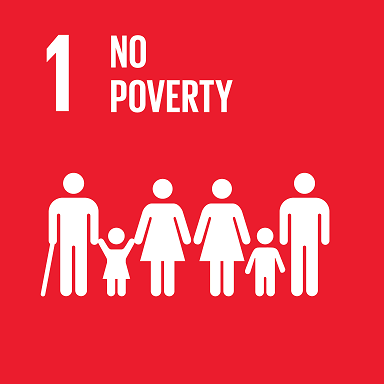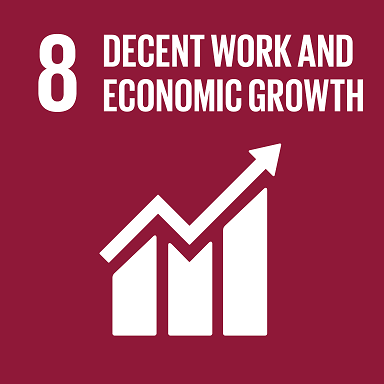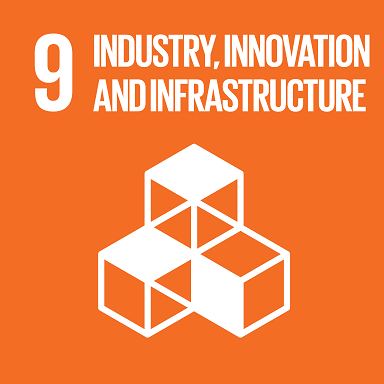Lessons Learnt
Agencia Presidencial Para la Cooperación Internacional (APC) - Colombia
Centro Regional para la Promoción de la Micro y Pequeña Empresa (CENPROMYPE)



Assessing each country's political commitment to the project's objectives after changes of government
Description of the action that gave rise to the learning:
When formulating the project, the team ensured that it would have the political commitment of the ministries and sectoral institutions in each of the countries involved. However, this exercise was not repeated with the same intensity at the beginning of the project and after the successive changes of government in the Mesoamerican countries, which led to losing the pulse of the political environment and institutions. When the team became aware of this weakness, time and resources were devoted to making the necessary corrective decisions.
The project, faced with this situation, carried out successive exhaustive analyses of the political and institutional environment (especially of the ministries of economic development and their entrepreneurship offices), in conjunction with CEMPROMYPE, which helped in making decisions and concentrating resources on those countries that renewed their commitment to the project and had defined entrepreneurship and business development policies.
Experience gained:
Bearing in mind that cooperation projects have a time horizon of several years and that changes in the government structure of the countries involved may occur in that time, it is important to:
- Verify that institutional interest and commitment to the topic are priorities at the country level during the project's identification and formulation phases.
- Confirm and update the priorities and interests of governments and key institutions at the beginning of the implementation phase and after each change of government.
- Facilitate adaptability to changes of government through a contingency plan with mitigation measures that provide, above all, for the loss of commitment and even possible disengagement of some countries.
Impacts:
Carrying out thorough analyses of the political and institutional environment allows us to:
- Concentrate resources on the countries that maintain their commitment to the project.
- Expand the quality of expected results in those countries.
- Increase the motivation of all the institutions involved.
- Through the implementation of the contingency plan, reduce the negative impact of the disengagement of some countries
The added value of Triangular Cooperation: (more information here)
1. Building ownership and trust.
2. Promoting complementarity and increasing coordination in development cooperation.
3. Sharing knowledge and learning jointly.
4. Co-creating solutions and flexibility.
5. Enhancing the volume, scope and sustainability of Triangular Cooperation
6. Achieving global and regional development goals through strengthened partnerships for sustainable development.
RELATED FILES
The project defined as a baseline scenario for the achievement of the originally expected results that there would be no massive changes in terms of institutional references or priorities. However, throughout the project's implementation, there have been changes of government in the region (and to a large extent of the officials and technical staff involved in the institutions involved) and along with them, changes in the level of interest and commitment to the subject and consequently to the project's proposals and initiatives. However, the project was able to adapt to changes in governments and countries that had participated in the formulation phase.
Incorporating the dimension of political dialogue and institutional negotiation, from the outset and throughout implementation, was fundamental in order to ensure the project's governance.
The recommendations made in the evaluations of the EVALÚA project have enabled strategic improvements to be brought about in public policies and programmes in the partner countries.




